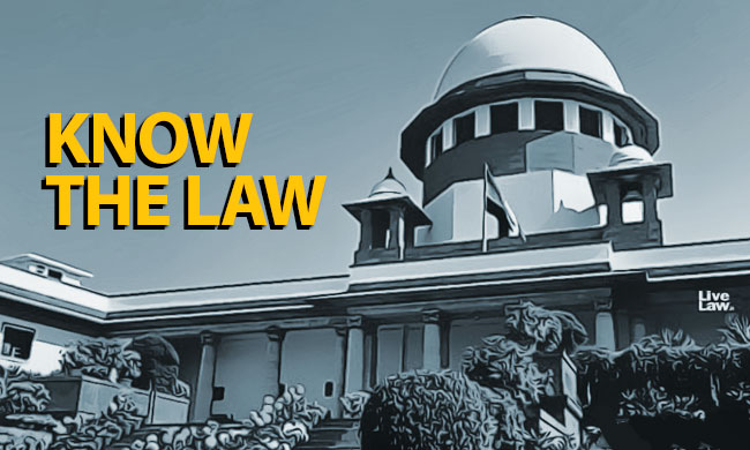Scope Of Enquiry Under Section 202 CrPC: SC Explains
Ashok Kini
18 May 2019 11:39 AM IST

"The purpose of the enquiry under Section 202 Cr.P.C. is to determine whether a prima facie case is made out and whether there is sufficient ground for proceeding against the accused. "
Next Story


